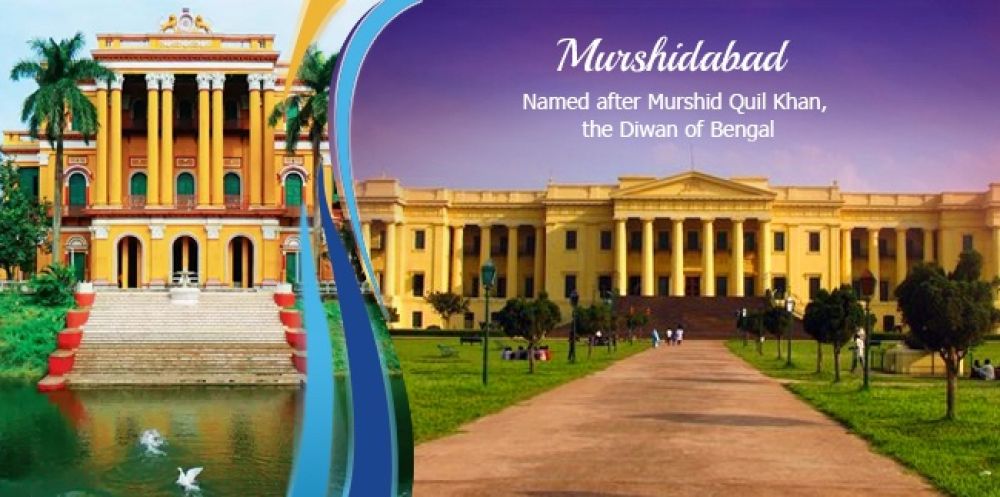

Nestled on the banks of the Bhagirathi River, Murshidabad in West Bengal, India, is a treasure trove of history and culture. Once the capital of Bengal during the Mughal era, this city has a rich past that draws innumerable history enthusiasts and tourists every year.
The history of tourism in Murshidabad is intricately linked to its historical significance. The city was the flourishing capital under the rule of Nawab Murshid Quli Khan in the 18th century. Its splendour attracted traders, diplomats, and travelers from across the globe. Murshidabad became a center of art, culture, and Indo-Islamic architecture, setting the stage for early forms of tourism.
In the British era, with the shift of power post the Battle of Plassey in 1757, Murshidabad saw a decline as the capital moved to Kolkata. However, the city's allure never faded. Visitors continued to be enchanted by the regal remnants like the Hazarduari Palace, the Katra Mosque, and the old European-styled mansions dotting the city.
Post-independence, the Government of India recognized Murshidabad’s potential as a historical hub and began promoting it as a tourism destination. Over time, initiatives to restore and preserve its heritage structures have made it an even more appealing site for cultural tourism.
Today, modern tourism trends in Murshidabad blend cultural immersions with experiential travel. Some of the latest trends include:
Whether it is the exploration of the majestic Hazarduari Palace Museum with its 1000 doors, the historical Nizamat Imambara, or a boat ride on the Bhagirathi River, Murshidabad offers a multidimensional experience for tourists. Enriched with the narratives of battles, the grandeur of palaces, and spiritual solace of the many mosques and temples, visiting Murshidabad is like stepping into a living chronicle of Bengal’s glorious history.
Murshidabad's tourism history is a testament to the city's resilience and cultural wealth. It continues to enchant visitors with its rich tapestry of history, architecture, and the shared heritage of Bengal. With every passing year, Murshidabad proves that it is not just a destination but a poignant journey through time for those who wander within its realm.